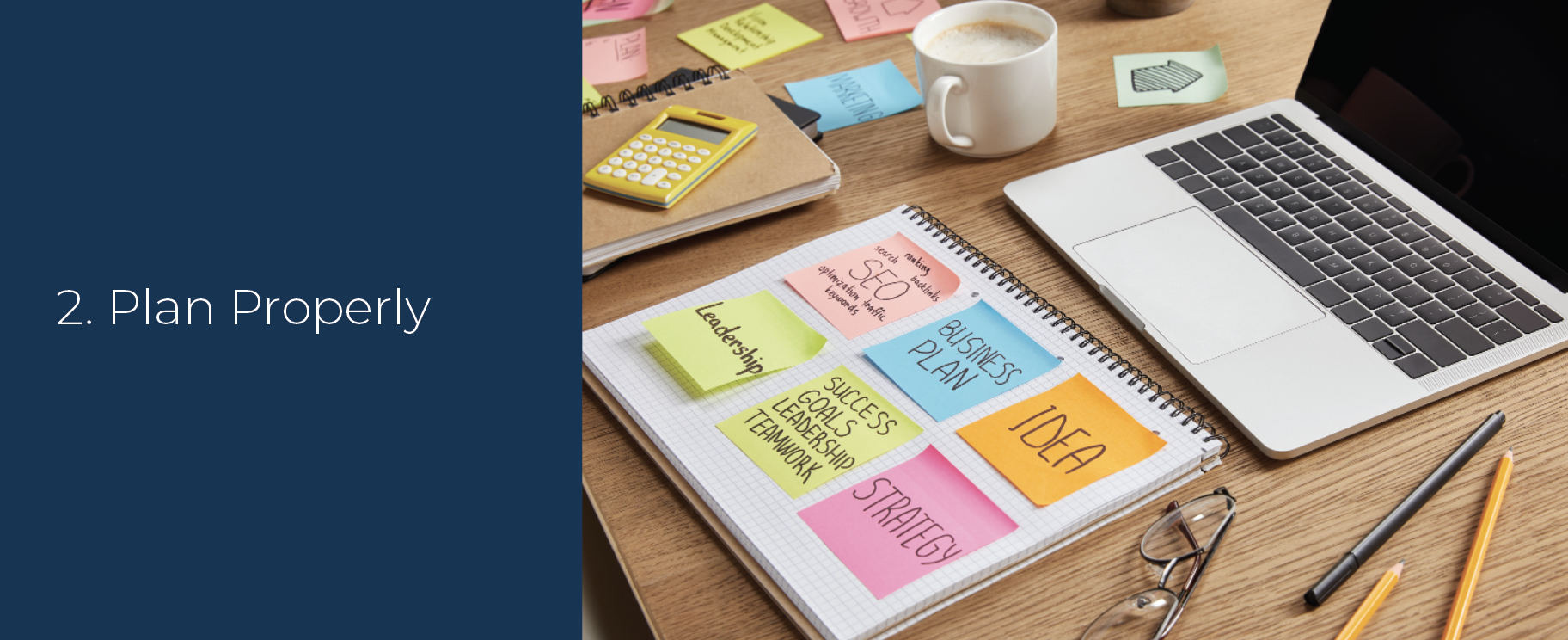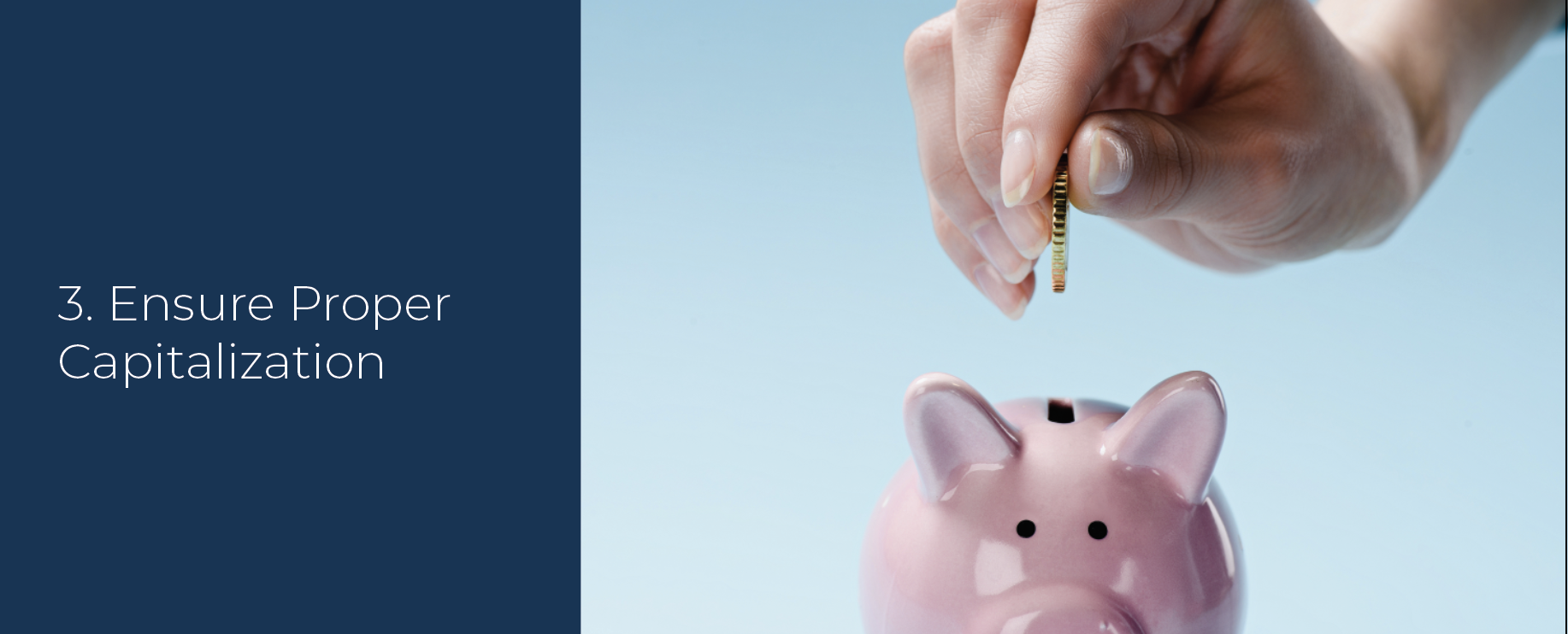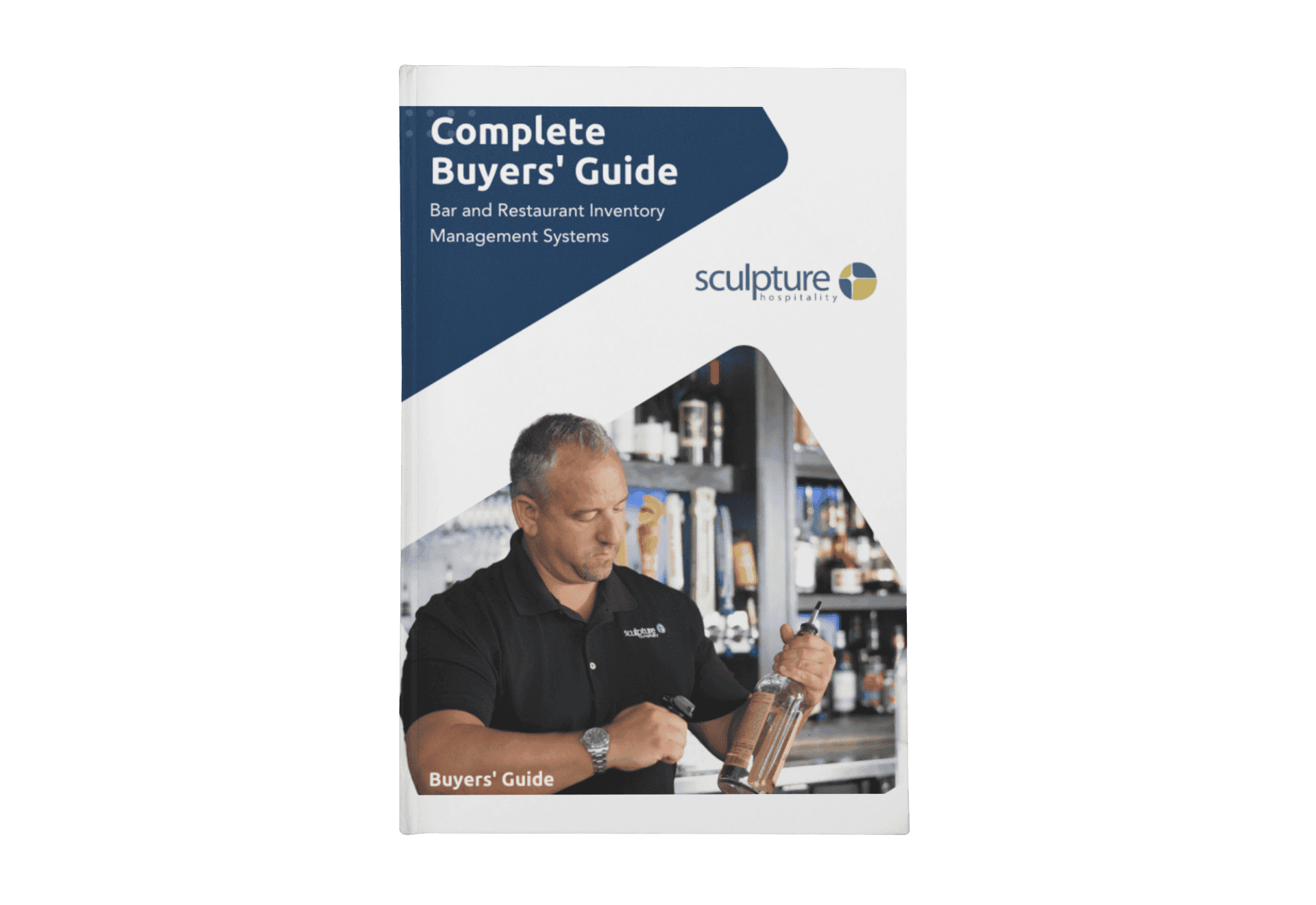When people first get into bar ownership, there’s no instruction manual for how to manage the finances of a company.
Yet without sound financial management, every business is doomed to failure. Watch enough episodes of Bar Rescue and you’ll be quickly inundated with tales of operators who are heavily in debt and facing bankruptcy, which is the result of years upon years of overspending without any kind of intervention.
One of the main problems of the bar industry is ease of entry, which is usually accompanied by lack of formal training. Only a handful of operators go through a formal process of working through the ranks as an employee before making the jump into ownership. For those who do, their chances of success are much higher since they’ve learned a successful model for managing money before becoming an owner themselves. Those who decide to jump straight in without any experience have to learn the hard way.
Here are some tips to help manage the finances of a bar to help keep you away from money problems.

The financing that you raise from a bank or traditional lender to build your business is good debt. This will have a reasonable interest rate, regular payments, and an amortization period. Payments to this loan should be regular, and even if you can pay it off sooner, it’s not necessarily a priority to get it paid off any quicker than you’re required.
On the other hand, bad debt, which includes credit cards, equipment financing, unsecured lines of credit and personal loans, should be paid off as soon as possible. Any extra profits that you have above and beyond your obligations should be allocated toward these liabilities. While it’s perfectly normal to use bad debt from time to time for some expenses, it’s not good to hold balances on multiple credit cards and other loans that have high interest rates.
There comes a point when these debts become crippling to the business, and even with prudent financial management, it becomes impossible to climb out of such a hole. In these situations, none of the solutions are good. You may even be forced to sell part of your ownership to an investor willing to bail you out (a tough sell—after all, why would someone want to invest in a losing business?) or declaring bankruptcy and walking away. This leads to my second point.

You stay out of bad debt by planning effectively. Taking the time to craft a business plan with accurate financial forecasting is what keeps people out of trouble from the start. Most times, when you find bar operators heavily in debt, their situation is the net result of operating for years without a plan, without a budget, and without accountability.
It’s this accumulation of small mistakes made over time without any kind of course correction that leads to their situation. Many people do not plan properly simply because of the drudgery of this task. The planning stage of buying or building a bar is probably the least sexy, least exciting, and most tedious, and this discourages many entrepreneurs from doing it.
You need to have a budget forecast that’s based on the best information you can get, and sales projections that are realistic. People who get into trouble often overestimate their projected sales and underestimate their expenses. If you want to be successful and stay out of debt, you need to have every penny calculated, and then ensure that even in a bad month, you’ll still be profitable.

A common mistake most bar operators make is running their businesses with insufficient capital. Even with the best planning, there will be situations you cannot predict and expenses for which you didn’t plan.
Sometimes, these expenses are not the fault of the operator and are instead caused by external forces, like government-mandated increases in taxes or expenses (changes in minimum wage, for example); road construction that negatively impacts sales; and failures in vital infrastructure that result in huge repair bills. Therefore, it’s crucial to raise sufficient capital at the beginning of your business and ensure there’s always a cash cushion equivalent to approximately 6 months of rent in the account at all times—you never know when you’ll need this money.
I recall one situation where a large restaurant I was working for experienced a blockage in their main sewer line. It occurred from coagulated grease and fats that had slowly built up over time. Prior to leasing the property, the previous tenant was also a restaurant, so this blockage was the accumulation of years and years of use. It all went to hell on a busy Friday night when water started seeping out of the floor drains and no one knew what was happening. Not only was the bill massive to get the plumbers to fix the main clogged drain pipe, but the water damage to the floor and bar were extensive. Were it not for a contingency fund that was in place from the initial financing, the operator would have had to go into debt to pay for it. Although the operator conducted their due diligence and inspected every area of the property prior to building, they could not have predicted this problem.
Every operator will encounter some form of this situation. This is why you must always have these funds in your account at all times, and also add to it on a monthly basis.

You can’t borrow your way out of debt. While this sounds like common sense, there are many operators I have met with debt problems who spend their time searching for banks and lenders that will help them consolidate their debts with a new loan or line of credit. If this is you, let me save you a lot of time and headache by letting you know that no bank or lender will be giving you money any time soon for this purpose.
In fact, your average bank will typically only lend to businesses for hard assets that can be used as collateral. For the more entrepreneurial banks that lend without hard collateral, the lendee usually must have impeccable credit. And let’s face it—if the lendee is in large amounts of debt, that automatically disqualifies them from this kind of financing.
Instead of pursuing this fruitless endeavor, focus all your attention on how to do cost control in a restaurant and ways to increase sales. Trying to finance your way out of debt is a waste of time and will not work.

A crucial step toward getting and staying out of debt is slashing all expenditures that aren’t vital to the operation of your business. Everyone makes the mistake of overspending on variance expenses at the beginning of their business. However, maintaining this kind of overspending after the first month is madness.
You must sit down and look at every dollar you’re spending and ask yourself if it’s absolutely necessary to spend it in order to operate. If not, it will have to be cut from the budget. You’ll have to get realistic about what you’re overspending on, and this may be difficult to come to terms with at first.
For example, many operators will mistakenly employ several managers who are compensated via salary, not realizing they can effectively get the same benefit by increasing one of their server’s hourly wages by a dollar or two and making them a keyholder. Several versions of this problem are rampant in the industry, with operators overspending on things without even considering any of the alternatives. Many people are delusional about what they need versus what they want, and this kind of thinking is what leads to debt.

Once your costs are in line, you need to focus on getting new customers. Nothing will cure the money blues faster than a brand-new influx of guests who are spending money.
Plan new promotions and market yourself like crazy! This will help achieve two main goals: First it will help increase income, which is vital to paying down debt. Second, it will improve your attitude by making you positive and excited about your business instead of fretting over your finances. It’s also useful to fill your mind with as much positive inspiration as you can on a daily basis. Read books about marketing, finance, and business, and stay away from material like the news that will do nothing but drag down your mood. Get back on the offensive by filling your mind with information on how you can increase sales.
*Article originally posted on nightclub.com by Sculpture Hospitality Expert, Kevin Tam.











